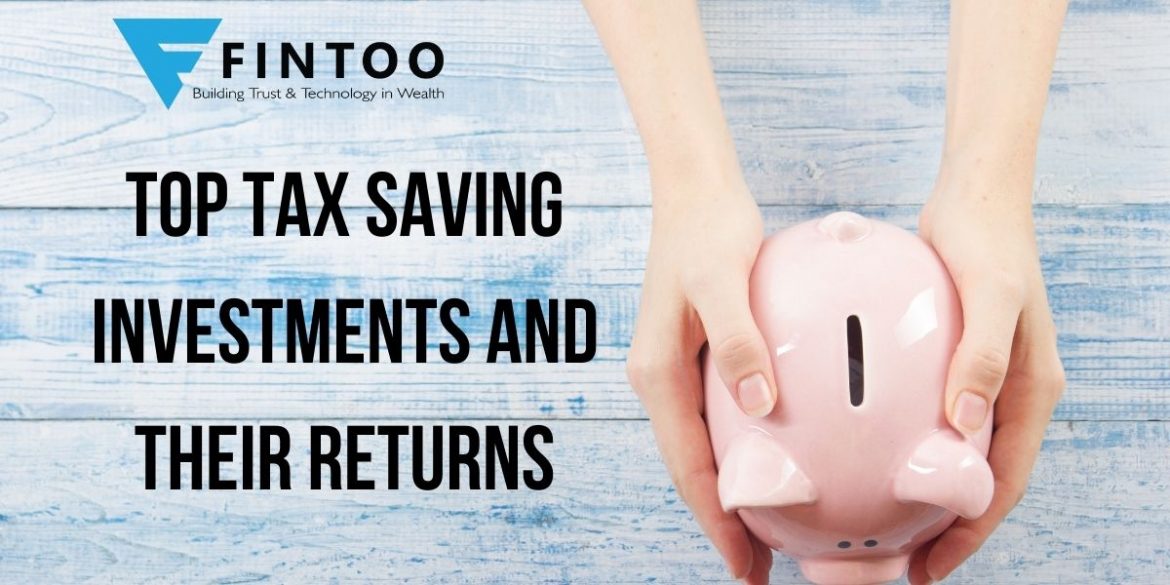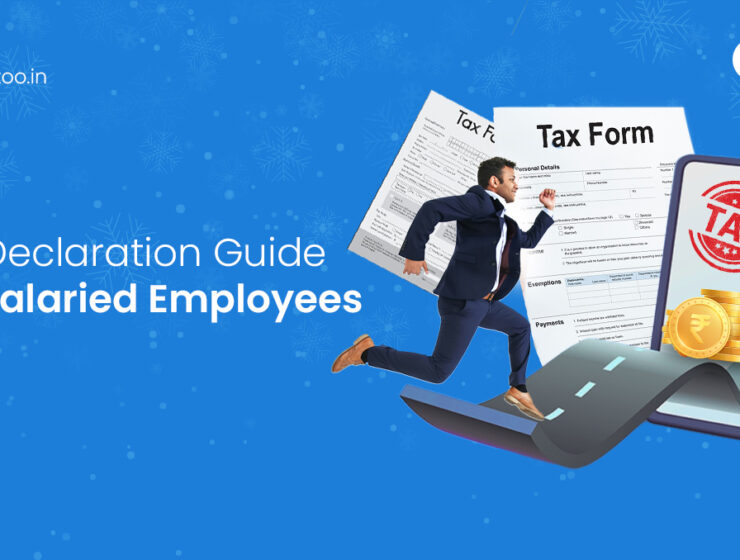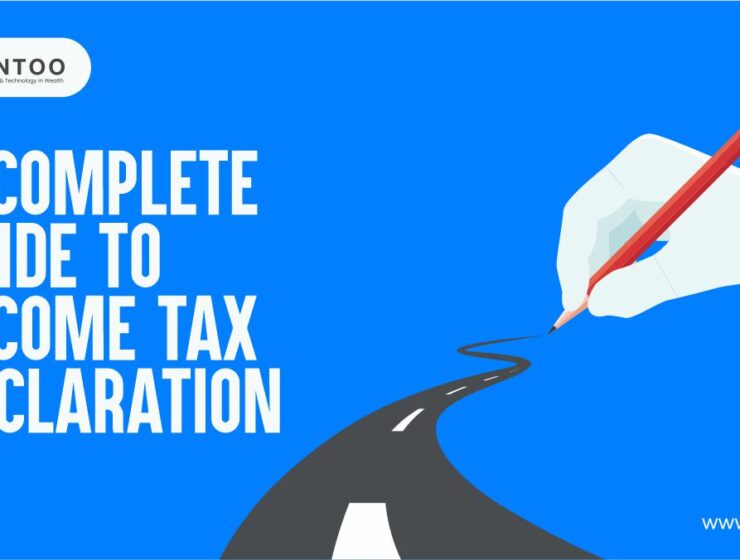

It is that time of the year when the salaried as well as the non-salaried hunt for various tax-saving investment avenues. A smarter approach is the one where tax-saving is taken up early in the year rather than making it a later affair. When one chooses a tax saving investment there are a few factors that need to be considered like safety, returns, lock-in, and liquidity. Here are various avenues which provide not only tax benefits but also an opportunity to earn tax-free income. Some of the tax-saving investments under sec 80C are as follows:
Equity Linked Saving Scheme
Equity-linked savings schemes (ELSS) are equity mutual funds where the investment amount in them qualifies for tax benefit while the lock-in period being the lowest of 3 years. There are two options available to invest in ELSS i.e either the dividend or the growth option. After the lock-in ends, one may continue with the ELSS investments similar to an open-ended mutual fund scheme. it is advised to review its performance against its benchmark. ELSS not only helps you save for a long-term goal but also helps you save tax and generate tax-exempt income.
National Pension Scheme
The NPS provides a three fold benefit to all the investors:
- U/s 80C- Tax exemption upto INR 1.50lac
- U/s 80CCd(1b)- Additional exemption upto INR 50000
- Upto 10% of the basic salary contribution towards NPS is not taxed.
Even with the popularity of the NPS, at the time of maturity, only 40% is tax exempt. Since NPS invests in both bonds and equity, one is entitled to good returns.
Public Provident Fund

the favorite investment scheme of all time where the principal and the interest earned have a sovereign guarantee and the returns are absolutely tax-free.PPF offers 7.9% percent per annum (subject to change). The minimum investment amount required is INR 500 to keep the account active. After all, the principal and the interest earned have a sovereign guarantee and the returns are tax-free. The PPF is a 15-year scheme, which can be extended indefinitely in a block of 5 years.
National Saving Certificate
A government initiated scheme which provides ease of transacting along with security. One can invest in NSC via any post office in India. This scheme is designed for mid-income investors who are looking for risk-free investment avenues. The investors who invest in the scheme for the second consecutive year as well can benefit from the deduction on NSC and also the interest earned in the previous year as it is compounded annually.
Sukanya Samriddhi Scheme
Launched under the Beti Bachao Beti Padhao campaign, the SSY is specially designed for the girl child. The scheme is eligible for tax exemption along with the interest that is compounded annually. Currently, the scheme gives out a return of 8.1-8.5%% with a minimum investment of as low as INR 250. One can invest in this scheme from the birth of a girl child upto the age of 10 while the scheme remains operative till the age of 21.
Senior Citizen Saving Scheme
A government backed saving scheme for senior citizens aims at providing financial security along with tax-saving opportunities. Any individual who is above 60 years is eligible for this scheme, a minimum one-time deposit of INR1000 is mandatory and one can invest upto 9Lacs(Single holding) INR15lacs(Joint-Holding). The scheme comes with a minimum lock-in of 5 years with quarterly interest payments. One can avail upto 1.5l as deduction while earning a whopping 8.7% return which is ensured. All major public sector banks provide with the SCSS.
A financial planning platform where you can plan all your goals, cash flows, expenses management, etc., which provides you advisory on the go. Unbiased and with uttermost data security, create your Financial Planning without any cost on: http://bit.ly/Robo-Fintoo
To Invest and keep regular track of your portfolio download: Fintoo App Android http://bit.ly/2TPeIgX / Fintoo App iOS http://apple.co/2Nt75LP‘
Disclaimer: The views shared in blogs are based on personal opinion and does not endorse the company’s views. Investment is a subject matter of solicitation and one should consult a Financial Adviser before making any investment using the app. Making an investment using the app is the sole decision of the investor and the company or any of its communication cannot be held responsible for it.
Related Posts
Stay up-to-date with the latest information.


